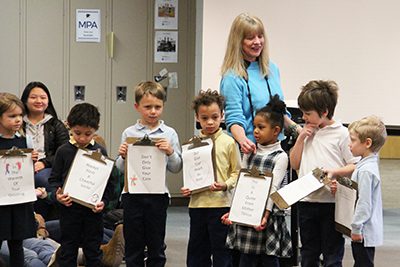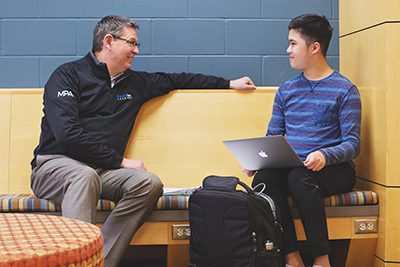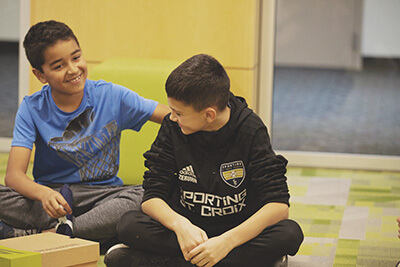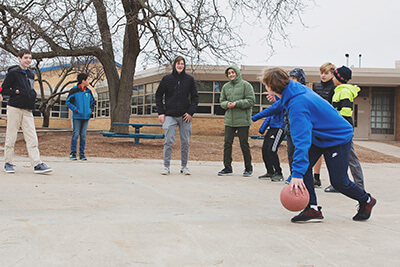February 14, 2019
 by Dr. Bill Hudson, Head of School
by Dr. Bill Hudson, Head of School
Adults and children alike are asking a question of themselves and others these days: What does it mean to be kind? During a time of societal change and upheaval, the place of kindness in our lives is often taken up by rancor, division, and sometimes violence. I was horrified last week by the incident on I-94 when a driver, overcome with road rage, fired a gun at a school bus driver. Schools are not immune and can be cruel places. It is a sad fact that more than one out of five students nationwide will be bullied this year. Research has demonstrated time and again that when students don’t feel safe, it is difficult for them to learn and grow.
Kindness is not something to be taken for granted. It is important that parents and schools join together and intentionally foster empathy. Ravi Rao, a pediatric neurosurgeon, believes parents should teach feelings as much as they teacher things like color and numbers. She is convinced that for kids to show empathy to us, we need to show empathy to them. At MPA, we believe very strongly in fostering a kind and joyful community. What is at stake is more than academic achievement, it is a sense of self and developing the confidence to fly. Read More
 by Dr. Bill Hudson, Head of School
by Dr. Bill Hudson, Head of School by Jenn Milam, Ph.D., Middle School Director, Mounds Park Academy
by Jenn Milam, Ph.D., Middle School Director, Mounds Park Academy by Dr. Bill Hudson, Head of School
by Dr. Bill Hudson, Head of School

